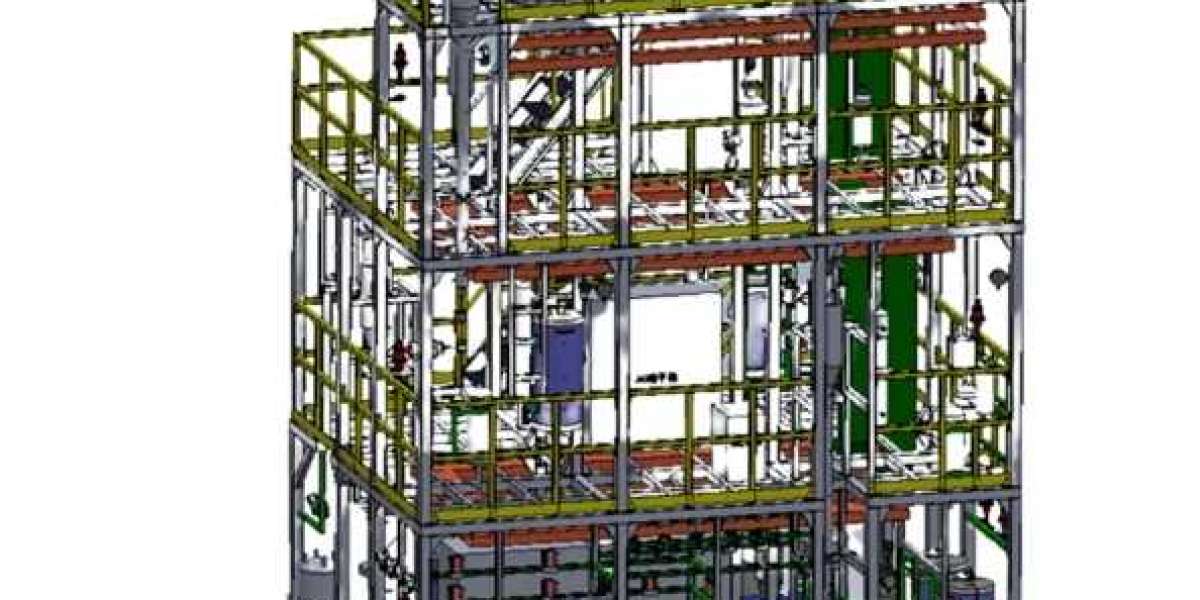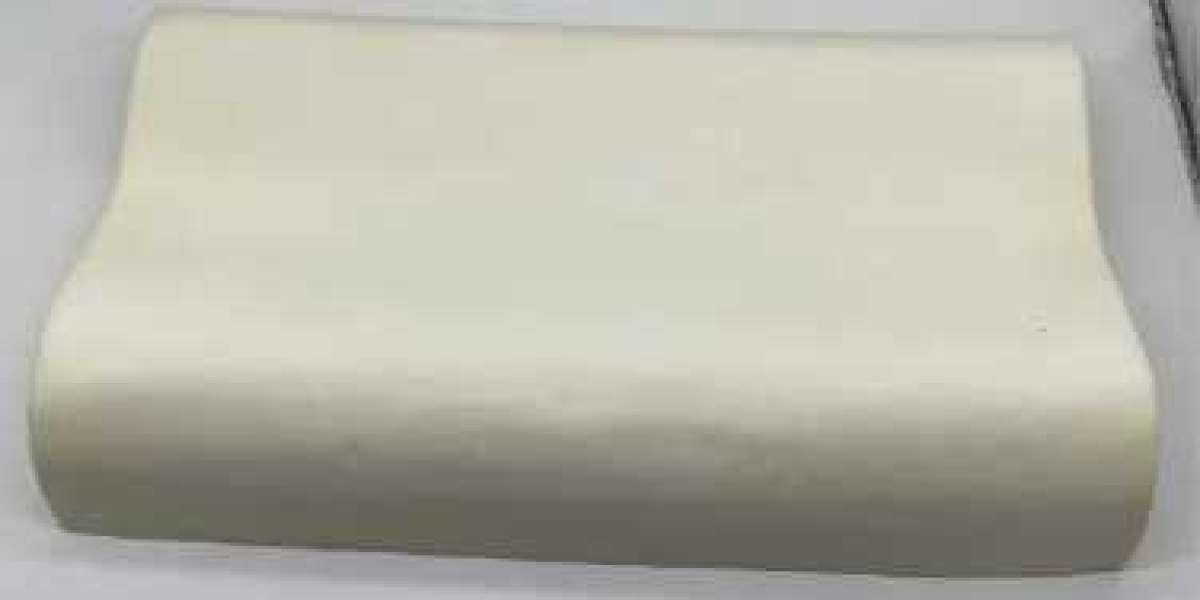In today's fast-paced industrial landscape, enhancing productivity is a key priority for businesses across various sectors. One effective way to achieve this is through the use of industrial fixed-bed production units. These units offer numerous advantages, including increased efficiency, improved product quality, and reduced operational costs. In this article, we will explore the concept of industrial fixed-bed production units and delve into the various ways they can enhance productivity.
Understanding Industrial Fixed-Bed Production Units
Definition and Function
Industrial fixed-bed production units are specialized equipment used in manufacturing processes. They consist of a fixed bed, typically made of a solid material such as metal or ceramic, which acts as a support for the catalyst or reactant used in the production process. The fixed bed provides a stable and controlled environment for the chemical reactions or physical processes to take place.
Types of Industrial Fixed-Bed Production Units
There are several types of industrial fixed-bed production units, each designed for specific applications. Some common types include:
Catalytic Fixed-Bed Reactors: These units are used in chemical processes where a catalyst is required to facilitate the desired reaction. They are widely used in industries such as petrochemicals, pharmaceuticals, and food processing.
Adsorption Fixed-Bed Units: These units are used to remove impurities or unwanted substances from a gas or liquid stream. They are commonly found in water treatment plants, air purification systems, and gas separation processes.
Fixed-Bed Gasifiers: These units are used in the production of synthetic gas from solid feedstocks such as coal or biomass. They play a crucial role in the production of clean and renewable energy.

Advantages of Industrial Fixed-Bed Production Units
Increased Efficiency
One of the primary advantages of industrial fixed-bed production units is their ability to enhance process efficiency. The fixed bed provides a large surface area for the reactants or catalysts to interact, resulting in faster reaction rates and higher conversion efficiencies. This leads to increased production output and reduced cycle times.
Improved Product Quality
Industrial fixed-bed production units offer better control over the reaction conditions, resulting in improved product quality. The fixed bed ensures uniform distribution of reactants and catalysts, minimizing variations in product composition. This leads to higher purity levels and better consistency in the final product.
Reduced Operational Costs
By optimizing reaction conditions and improving process efficiency, industrial fixed-bed production units can help reduce operational costs. The increased productivity and improved product quality result in higher yields and reduced waste generation. Additionally, the fixed-bed design allows for easier maintenance and longer catalyst lifespan, further reducing operational expenses.

Applications of Industrial Fixed-Bed Production Units
Petrochemical Industry
The petrochemical industry extensively utilizes industrial fixed-bed production units for various processes, such as catalytic cracking, hydrocracking, and reforming. These units play a crucial role in the production of fuels, polymers, and other petrochemical products.
Pharmaceutical Industry
In the pharmaceutical industry, industrial fixed-bed production units are used for the synthesis of active pharmaceutical ingredients (APIs) and other intermediates. The controlled environment provided by these units ensures high product purity and consistent quality, meeting the stringent regulatory requirements of the industry.
Environmental Applications
Industrial fixed-bed production units find applications in various environmental processes, such as wastewater treatment, air pollution control, and carbon capture. These units help remove pollutants, contaminants, and greenhouse gases, contributing to a cleaner and more sustainable environment.
Challenges and Future Developments
While industrial fixed-bed production units offer numerous benefits, they also present certain challenges. These include catalyst deactivation, pressure drop issues, and heat transfer limitations. However, ongoing research and development efforts are focused on addressing these challenges and further enhancing the performance of these units.
Future developments in industrial fixed-bed production units include the use of advanced catalysts and materials, improved reactor designs, and the integration of automation and artificial intelligence technologies. These advancements will further enhance productivity, efficiency, and sustainability in industrial processes.

Conclusion
Industrial fixed-bed production units are valuable tools for enhancing productivity in various industries. Their ability to increase efficiency, improve product quality, and reduce operational costs makes them indispensable in today's competitive business environment. By understanding the concept of industrial fixed-bed production units and exploring their applications, businesses can harness their full potential and stay ahead in the race for productivity and success.
Industrial Fixed-Bed Production Units: Revolutionizing Manufacturing Processes








